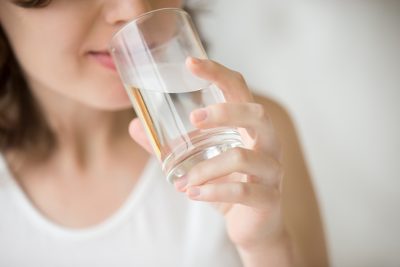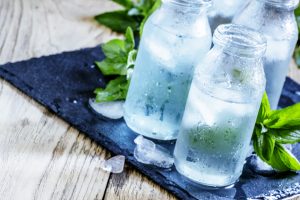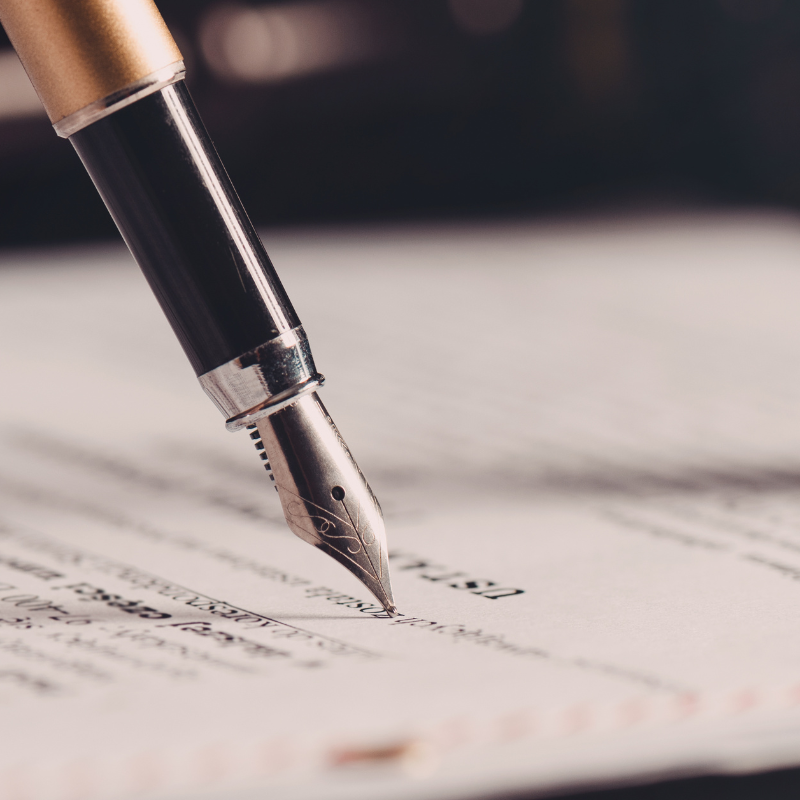
Drinking more fluid can reduce vasopressin and slow the progression of ADPKD.
Drinking plenty of water has many potential benefits for PKD patients:
- Reduce the risk of kidney stones
- Prevent dehydration, which can worsen kidney function
- Reduce vasopressin, a hormone that conserves water when we are dehydrated and excretes water when we have too much in our systems
High vasopressin levels (which occur when we don’t get enough fluid) have been linked to cyst growth in ADPKD. Drinking more fluid can reduce vasopressin and slow the progression of ADPKD, but drinking enough fluid each day can be difficult for patients to maintain in real life.

Healthy adults have an average daily fluid intake of one to three liters (34 to 101 ounces).
Part of the difficulty in trying to keep vasopressin levels low throughout the day by drinking water is that people eat too much salt and protein, which raises vasopressin levels. Top things to know about water intake:
- For the most part, daily intake of water, sodium and protein is more a function of dietary preferences and cultural influences.
- Healthy adults have an average daily fluid intake of one to three liters (34 to 101 ounces), with considerable individual variation.
- Thirty-three percent of your average daily fluid intake comes from a combination of water in food and your body producing water when it burns fat for energy
- The other 66 percent comes from the fluid you drink.
When considering changes to your diet, it is important to discuss this with your nephrologist or dietitian. Nutrition needs can change as kidney function declines and disease progresses. Your health care team can help you make the best choices for your individual health needs.
Want to learn more tips and info about PKD-friendly nutrition from kidney experts? Check out our cookbook, Cooking Well, today!
Dr. Osama Amro would like acknowledge Dr. Ronald Perrone for his role as a supervisor of the dietary and water study at Tufts Medical Center.









This is unhelpful, provides no actual information or guidelines for the record.
I agree
Ofcourse water is more important for the PKD patients but i would say it is important for all of us.
Duuuuh🥴